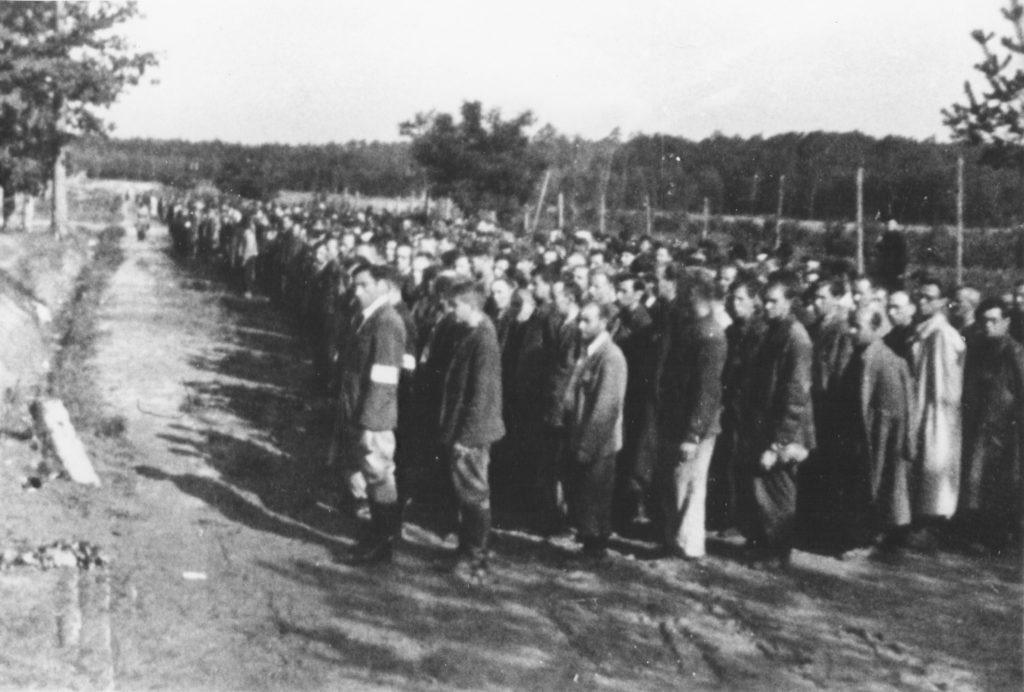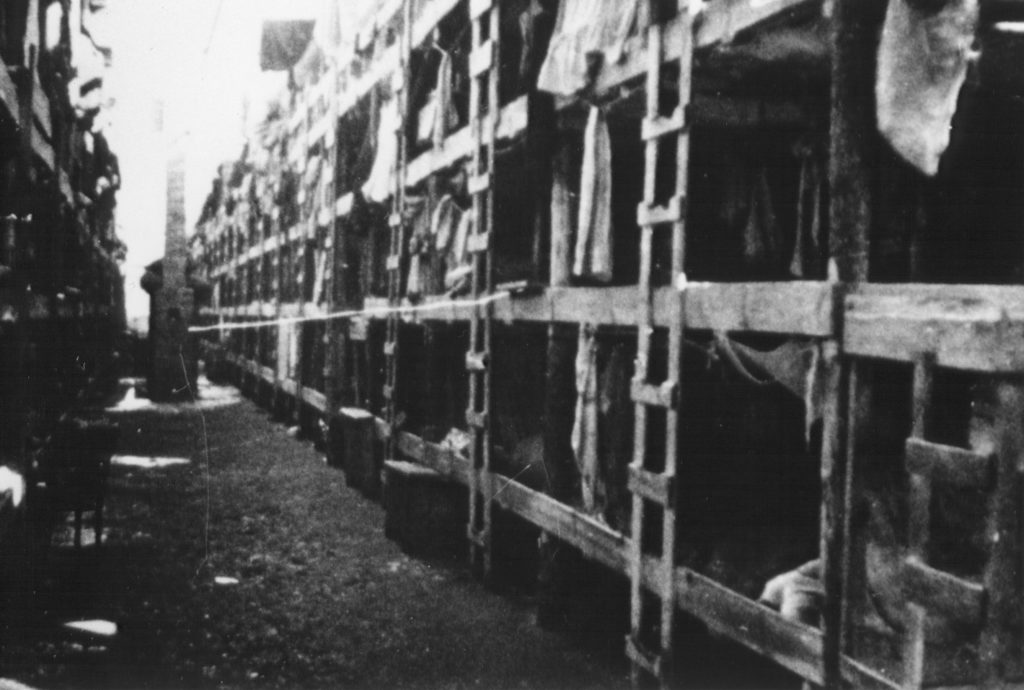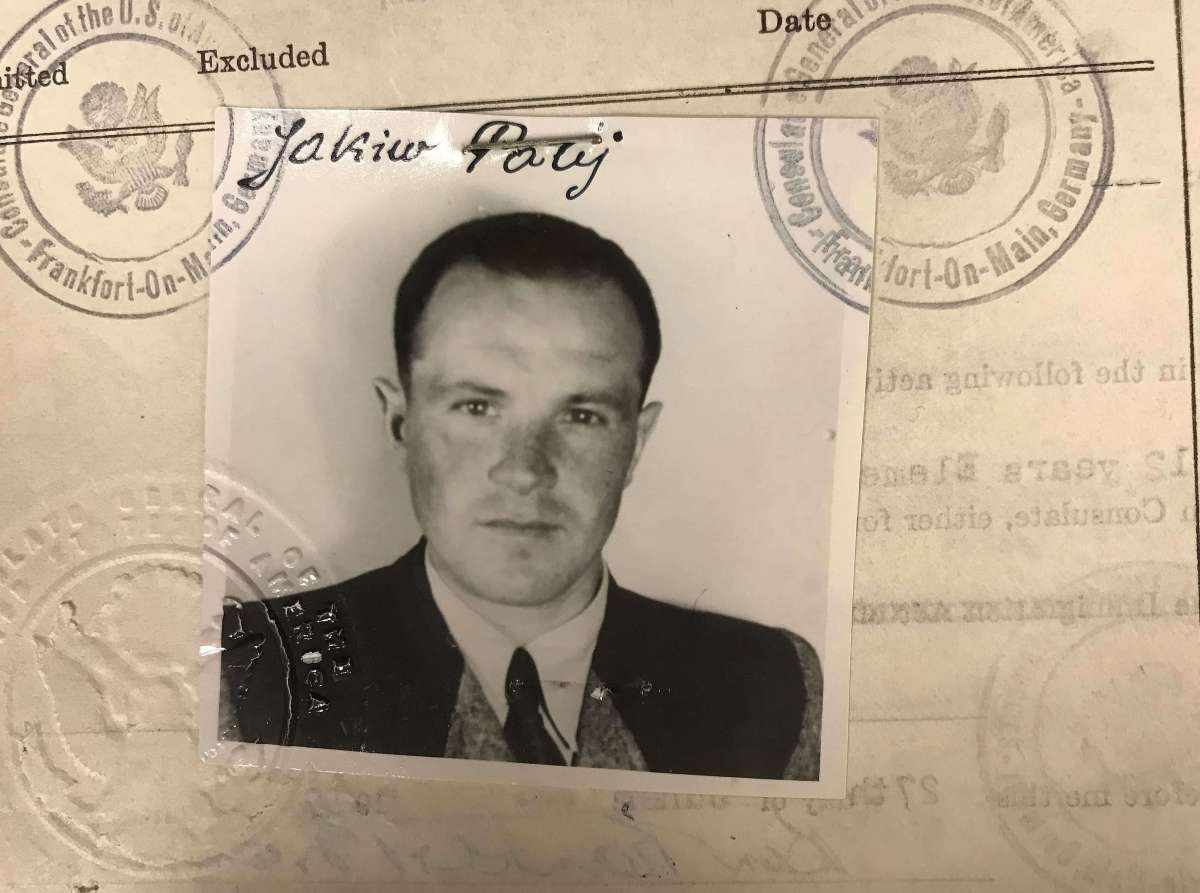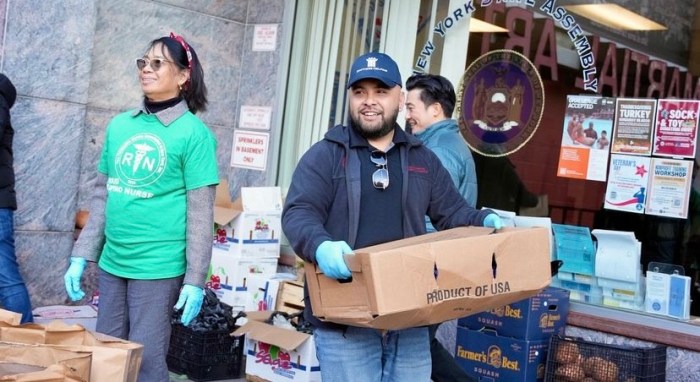After 14 years of efforts to get him out of the United States, a Nazi war criminal that was living in Jackson Heights has been removed to Germany, the Department of Justice announced on Tuesday.
Jakiw Palij, 95, was removed by ICE to Düsseldorf, Germany, landing at 8 a.m. on Aug. 21. The former Nazi guard had been living in an apartment on 89th Street for years and was initially stripped of his naturalized citizenship in 2003.
“Nazi war criminals and human rights violators have no safe haven on our shores,” said U.S. Homeland Security Kirstjen M. Nielsen. “We will relentlessly pursue them, wherever they may be found, and bring them to justice. The arrest and removal of Jakiw Palij to Germany is a testament to the dedication and commitment of the men and women of ICE, who faithfully enforce our immigration laws to protect the American people.”
Born in a part of Poland that is now present-day Ukraine, Palij emigrated to the United States in 1949 and was granted naturalized citizenship in 1957. However, Palij concealed his involvement as a Nazi in World War II by telling U.S. immigration officials that he had spent the war years working on his father’s farm, which was previously a part of Poland and is now in Ukraine, until 1944 and then worked in a German factory.
In 2001, Palij admitted to the Justice Department officials that he was trained at the SS Training Camp in Trawniki, in Nazi-occupied Poland, in the spring of 1943. Documents also revealed that Palij was an instrumental role in “Operation Reinhard,” a plan by the Third Reich to murder Jews in Poland.
On Nov. 3, 1943, 6,000 Jewish men, women and children that were incarcerated at Trawniki were shot to death, marking one of the largest single massacres of the Holocaust. Palij played an indispensable role in the plan by helping to prevent the escape of these prisoners during his service at Trawniki.
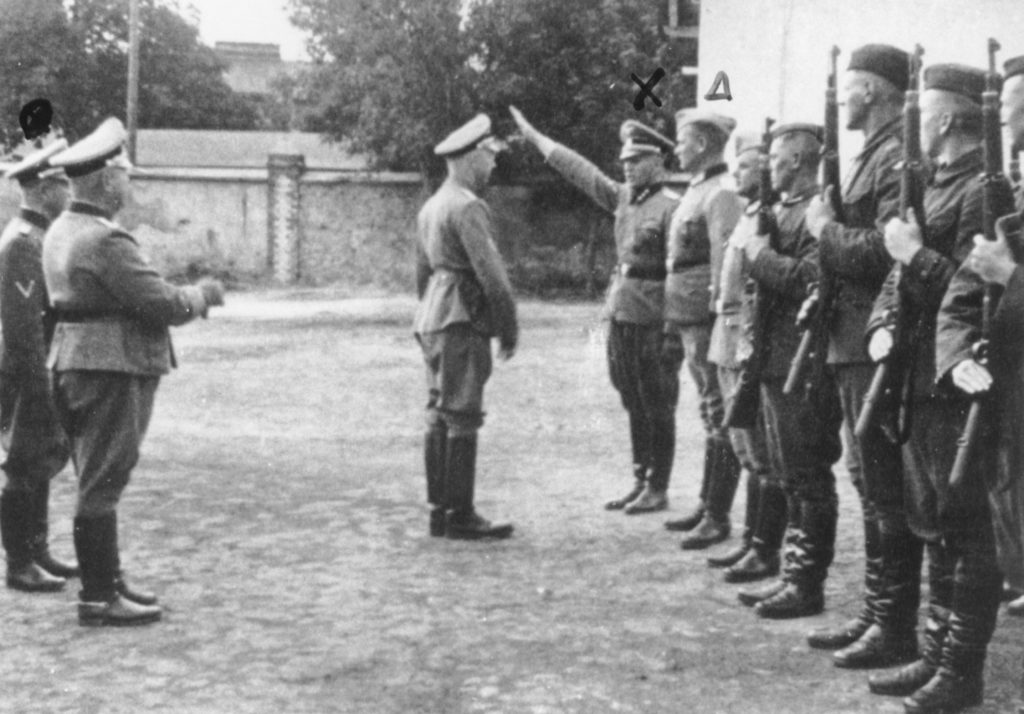
Based on Palij’s concealed crimes, the Criminal Division’s then-Office of Special Investigations (OSI) and the U.S. Attorney’s Office of the Eastern District of New York filed a four-count complaint to revoke Palij’s citizenship on May 9, 2002. Palij’s citizenship was revoked in August 2003, based on his wartime activities and postwar immigration fraud, and was placed in immigration removal proceedings in November that same year.
In 2004, Palij was ordered to be deported to the Ukraine, Poland or Germany, or any other country that would admit him, on the basis of his participation in Nazi-sponsored acts of persecution while serving during World War II as an armed guard at the Trawniki forced-labor camp that he concealed on his application for citizenship. Palij’s appeal was denied by the Board of Immigration Appeals in December 2005.
Despite the court’s ruling, Palij remained in the United States as no other country would take him following his deportation. Palij would live in his Jackson Heights apartment for the next 15 years, which caused demonstrations by the public and politicians to deport him.
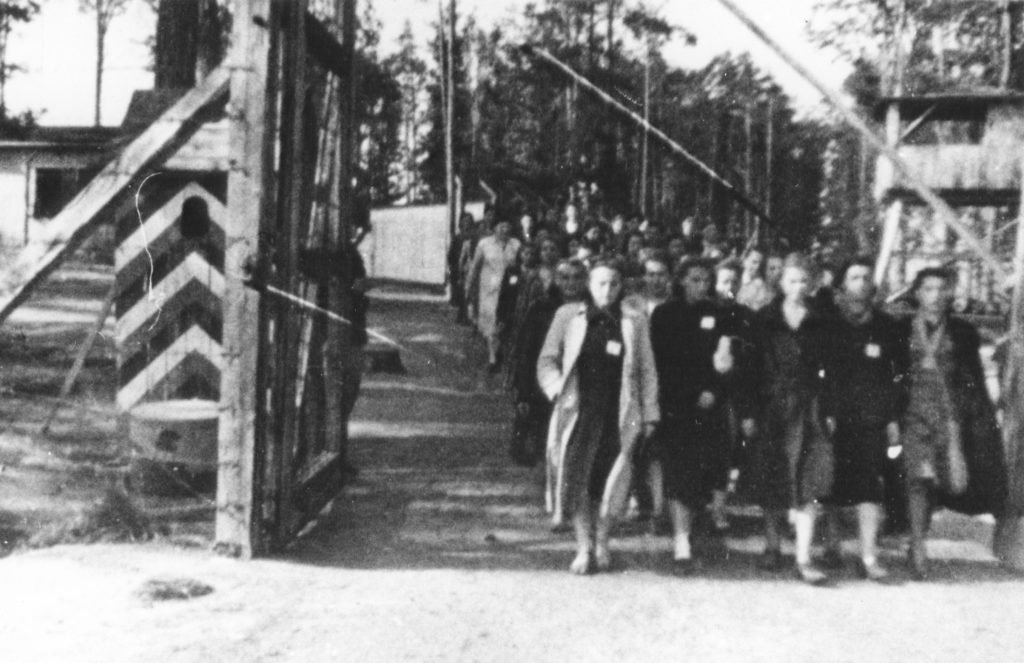
In August 2017, nearly two dozen elected officials signed a letter that was penned to Secretary of State Rex Tillerson, calling for Palij’s deportation. On Nov. 9, 2017, which marked the 79th anniversary of Kristallnacht, or the Night of Broken Glass, about 160 students and staff from Rambam Mesivta in Lawrence rallied outside of Palij’s apartment to show that they wanted him out of the country.
Officials from the Justice Department said on Tuesday that President Trump took a special interest in Palij’s case, stating that he wanted him removed from the U.S.
Germany ultimately agreed to take Palij in 2018, citing a moral argument made by the United States that Palij, despite not being a German citizen, had in the name of the former German government.
Palij was the last known Nazi living within the U.S. borders that was under a court order to be removed, however the Justice Department will continue to investigate for those who have committed war crimes.
“The United States will never be a safe haven for those who have participated in atrocities, war crimes, and human rights abuses,” said Attorney General Jeff Sessions. “Jakiw Palij lied about his Nazi past to immigrate to this country and then fraudulently become an American citizen. He had no right to citizenship or to even be in this country. Today, the Justice Department — led by Eli Rosenbaum and our fabulous team in the Human Rights and Special Prosecutions Section, formerly the Office of Special Investigations — successfully helped remove him from the United States, as we have done with 67 other Nazis in the past. I want to thank our partners at the State Department and the Department of Homeland Security for all of their hard work in removing this Nazi criminal from our country.”
